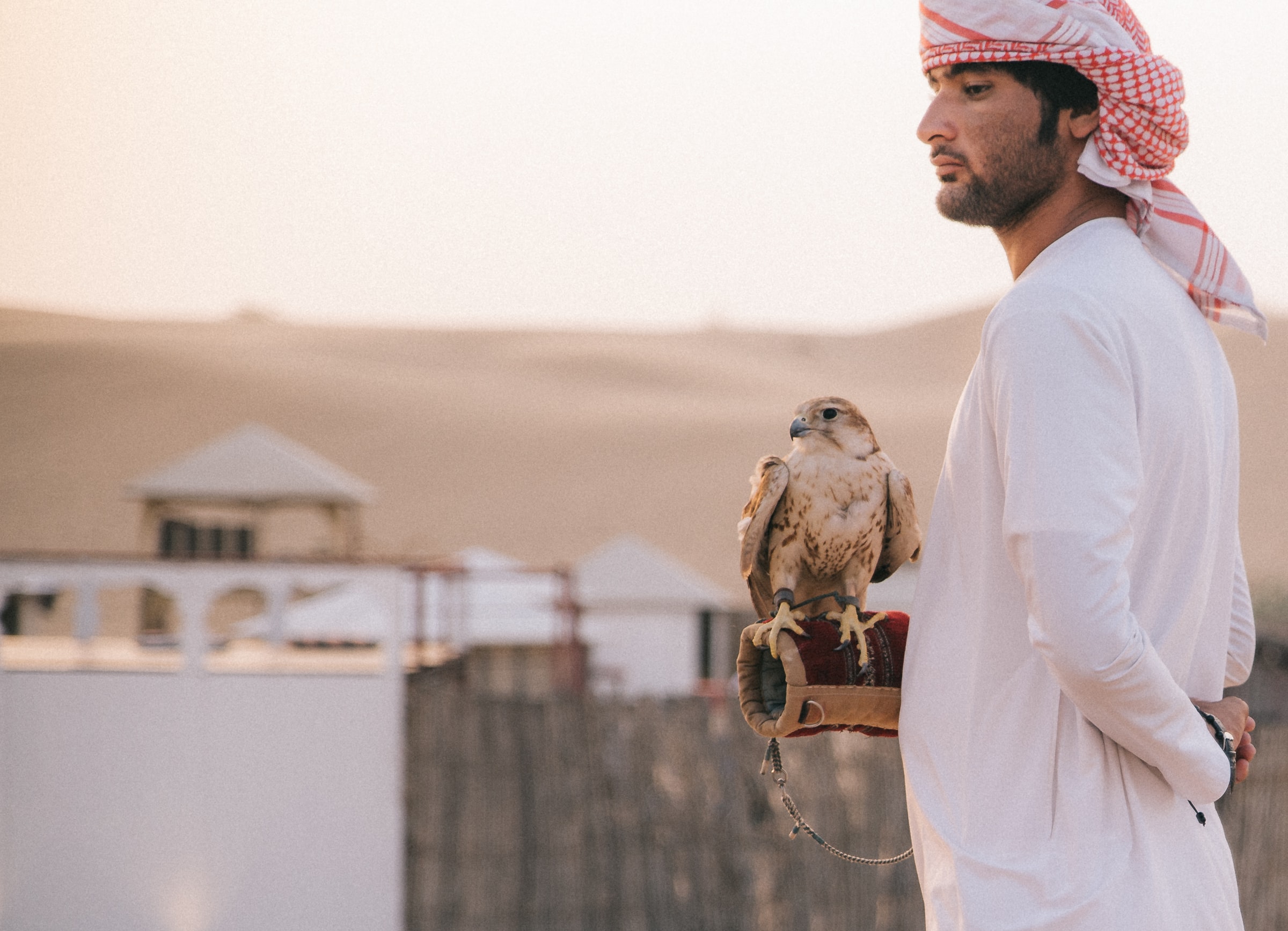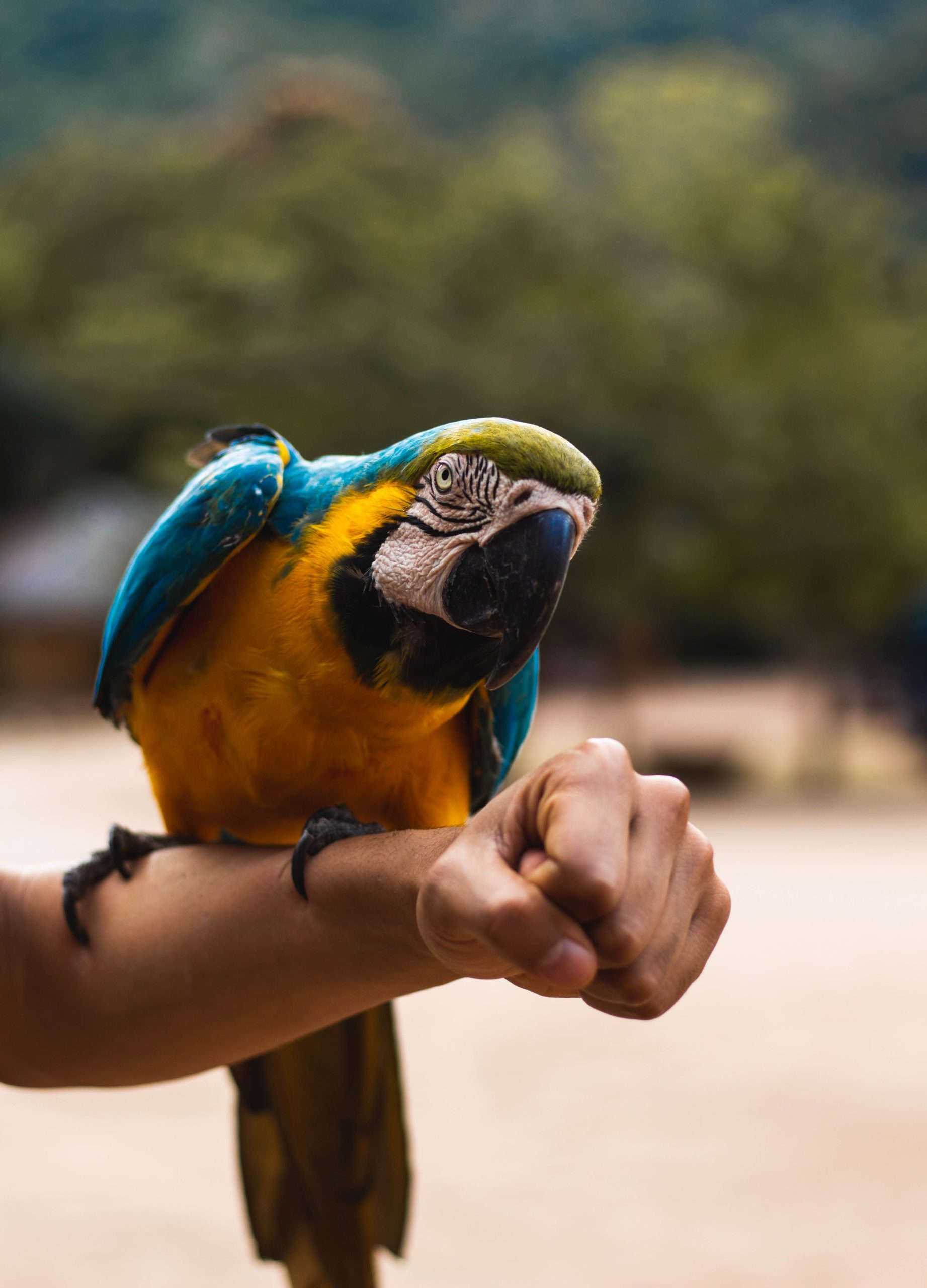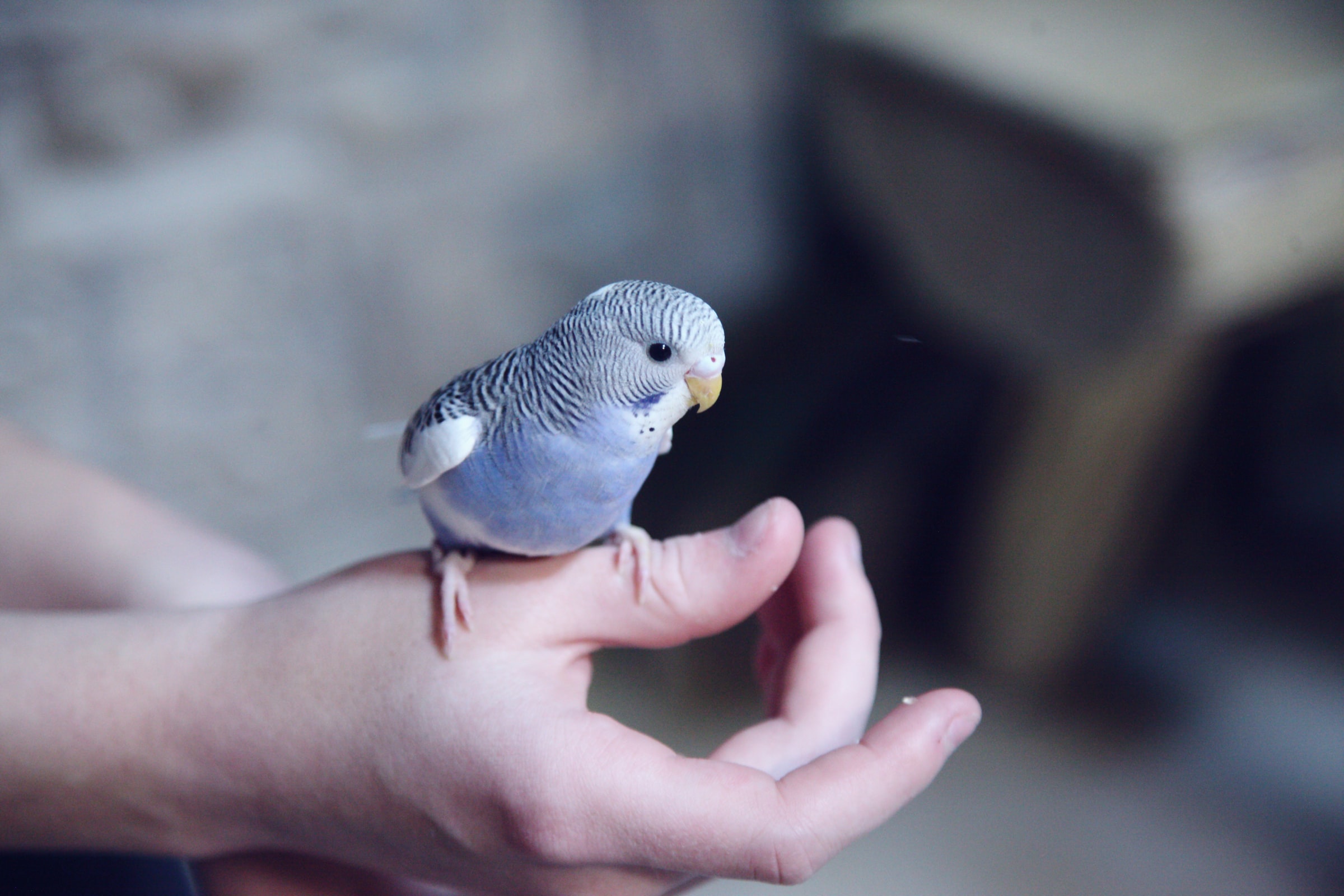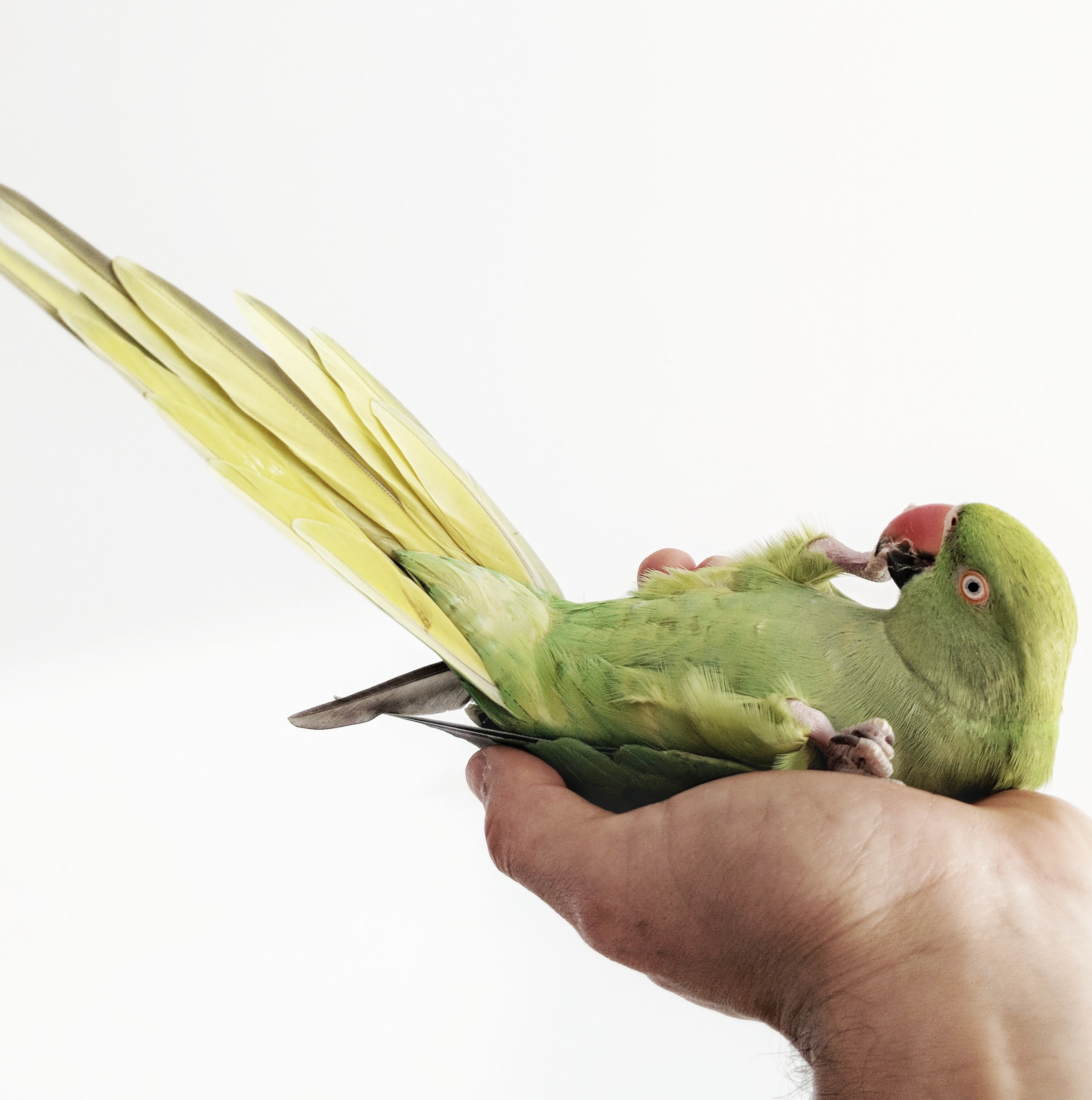Maintaining and protecting the plumage of your birds is essential to your well-being. It is not an ornament that makes them more or less beautiful, although, of course, it is key to your image. Birds’ plumage has a purpose. Or rather, several, ranging from protection to your ability to fly.
With these tips, you will protect your plumage easily for your better health and well-being, as well as that can be shown in all its beauty. So without further ado, let’s dive into this blog and learn some of our best tips to take care of your bird’s feathers.
1. Take care of your food

Food care is essential to protect your pets’ feathers. It must be complete and balanced. Especially during the molting season, when their needs are greatest. At this stage, it is especially important that they receive the nutritional intake they need. In any case, don’t forget to include quality protein-rich grains in your regular diet. Your diet should also contain vitamins and minerals.
2. Use specific supplements
Using dietary supplements for poultry is the easiest and safest way to provide your feed with all the nutrients you need. Amino acids like lysine are essential for them. Specific supplements allow you to protect your birds’ plumage exactly as each pet needs it.
For example, white plumage birds need supplements that do not have a gold effect. Parrots need an excellent vitamin contribution to show a protected and well-groomed plumage. And those that are molting will need an extra contribution of lysine. Value the type of care to protect your birds’ plumage that each of them needs!
3. Visit the veterinarian

One of the reasons birds’ feathers deteriorate is the onset of disease. Kidney problems, for example, are usually shown with feather loss. And there are many diseases that can be detected by feather problems. If you have any doubts about whether this could be the reason your pet is losing feathers, check with your veterinarian.
4. Protecting your birds’ feathers
Taking care of hygiene is vital to protecting your birds’ feathers. All year round, but especially in summer. Why is this so? Because at this time, it is usual that to better support the heat will provide a space to soak or splash. This space must be cleaned daily. If possible, even twice a day. It can accumulate traces of feathers, food, and feces.
It is often a breeding ground for bacteria if not removed and replaced. These can affect the pets’ bodies but also their plumage. It is, therefore, best to provide this means of cooling, but always extreme hygiene. Hygiene is also essential to protect the plumage of your birds during the molt. Lack of hygiene affects issues such as skin elasticity and the calf for the feathering.
5. Take care of your well-being to avoid behavioral problems affecting your plumage

Did you know that one of the worst enemies of a bird’s plumage is the frustration of lack of well-being? In such cases, it is common for pets to have behavioral problems and start their feathers. Or, that in an attempt to groom and feel better, the feathering RIP.
Taking care of the welfare of your birds is something you should do not only for this reason. This lack of well-being is not always a matter of carelessness. You may not know what care you need or realize that you have needs you didn’t have before. You can buy a large cage, pay attention and provide play items.
6. Keeping your bird’s habitat clean
Bird droppings are numerous, and the litter box of a cage fills up quickly. The bottom of the cage must therefore be kept clean with plant litter, aniseed sand, or sanded leaves. This hygienic comfort is much appreciated by the bird, which will be all the more fulfilled. Allow him a freshwater bath and provide him with clean water every day.
An environmentally friendly disinfectant is also sufficient to control dust mites and allergens by thoroughly cleaning all accessories once a week. Since the bird’s body is fragile and sensitive, you are effectively warding off diseases and helping to keep it in top shape for many years.
Sound off in the comments section below and tell us what you want to read next and if you want to read more about bird feathers.

2 thoughts on “Top 6 Tips To Care For Your Bird’s Feathers”